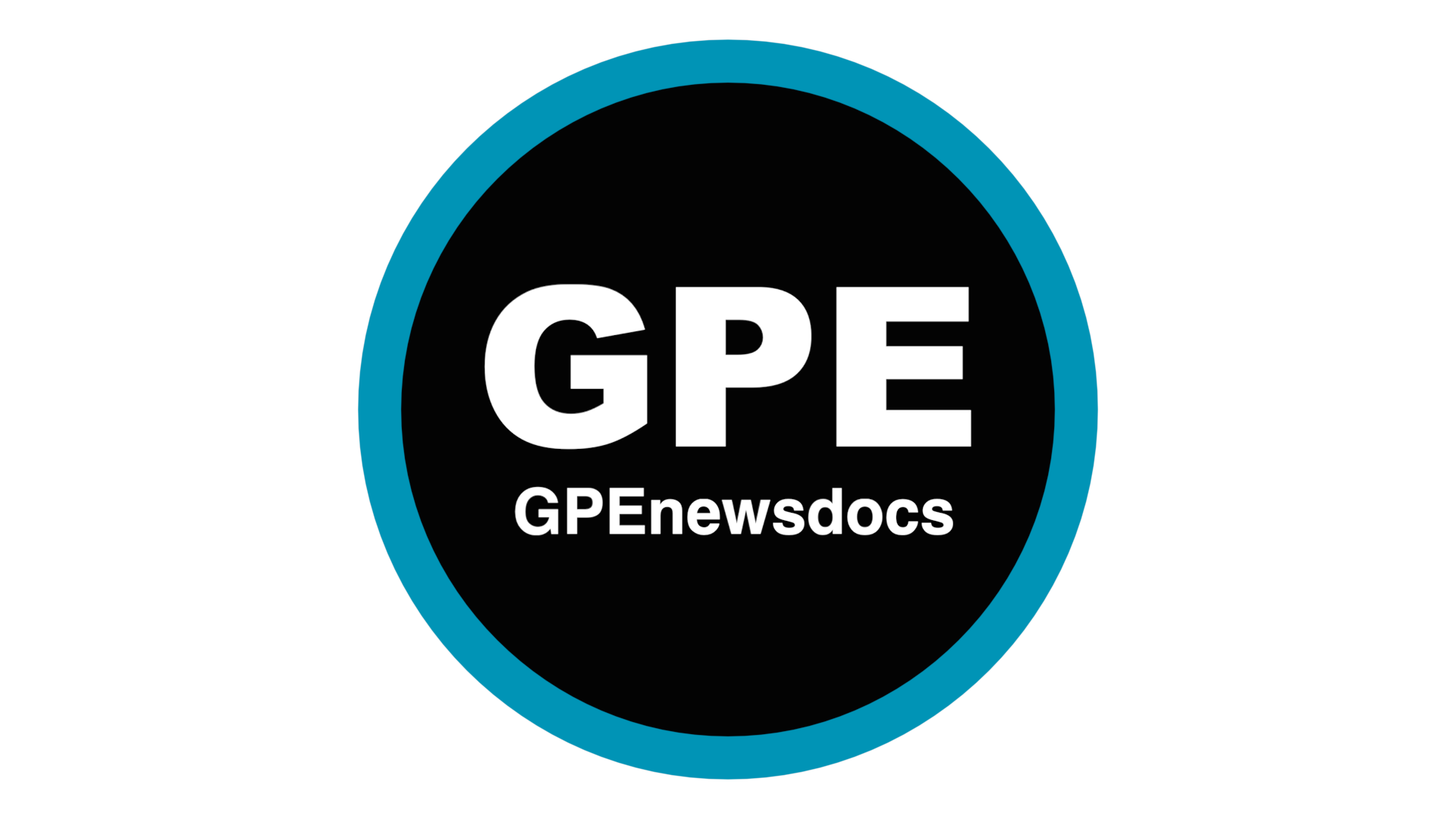1947 was a year of political ambition, says UNCTAD’s Richard Kozul-Wright at the book launch of ‘The Handbook of Alternative Theories of Economic Development ‘ in posing the question, “Do we have that same level of ambition in the current crop of international leaders?”
August 11, 2017 Produced by Lynn Fries
TRANSCRIPT
Lynn Fries: Welcome to The Real News Network. I’m Lynn Fries in Geneva. In this series, we report on talks centered around changing course in economic development, specifically, comments made by panelists here in Geneva at the recent book launch for the Handbook of Alternative Theories of Economic Development. This second segment features clips of the Director of the UNCTAD division delivering research and policy advice on the kind of sustainable inclusive economic development presented in the book. We now go back to the UN Library book event moderated by book co-editor, Jayati Ghosh of Jawaharlal Nehru University.
Jayati Ghosh: You know, one of the reasons we’re really so delighted to be able to release this book here in the UN Library is because there are some sections of the UN that have really been very attractive sources of innovative, heterodox thinking. It is absolutely true that the policy space that countries have, and the international architecture that determines that policy space is a critical determinant of what they can do in terms of moving towards any kind of structural transformation. The Globalization and Development Strategies Division in UNCTAD has done a lot of very interesting work on this.So, I’m going to ask Richard to tell us about some of those insights.
Richard Kozul-Wright: Thank you Jayati. Thank you to the library for organizing this event. I am obviously, I’m more of a reader of this volume than a producer of it. They say the pen is mightier than the sword but I think in the case of this volume we have a small incendiary weapon given its size, both metaphorically and literary perhaps. The problem is it is the cost of the small ballistic missile. There is a chapter on UNCTAD in the book, which as a reader I immediately turn to. What UNCTAD has always prided itself on is maintaining an intellectual tradition. And certainly in our division we have built on work that really does go back to ’64 and the original work of Prebisch and the first generation of UNCTAD scholars and activists.
And UNCTAD was created not simply as a bureaucracy. It was created as an activist organization. It was one of the few in the UN that combined rigorous intellectual thinking with a real political commitment to the objectives of development. And that’s really important in terms of the place that UNCTAD has in the wider body of international institutions when one’s trying to understand its contribution to development thinking.
The chapter in the book offers a set of what they call “normative principles” that have been distilled from the work over the years in UNCTAD. We’ve, we did a similar exercise in 2011. We had basically four points that we thought stand out in terms of defining UNCTAD’s continuing role and relevance that harks back to the original idea of UNCTAD in ’64. That economic development and social progress should be the common concern of the whole international community. What was good for the South was also good for the North from an UNCTAD perspective. Secondly, addressing imbalances, particularly at the global level, that hinder trade and development requires cooperation among all countries. Thirdly, that offering alternative perspectives to deal with those imbalances needs to be sensitive to the individual characteristics of countries and their different stages of development. There is no “one size fits all”. That was an UNCTAD mantra from 1964, and it has remained an UNCTAD mantra through the subsequent five or six decades. And finally, the international financial, monetary and investment policies should be designed as part of an integrated framework to take full account of the trade, investment, and development needs of developing countries.
And around those four basic principles, UNCTAD has built up, I think, I fairly original body of research and policy advice, which of course has changed over the years, as the external environment has changed. And there has been a very fundamental change in the way that UNCTAD has had to respond to the international context. In the first two and a half decades of our existence, we were essentially fashioning a positive agenda for reform of the international financial architecture, which would fully take into consideration the needs and concerns of developing countries, which was not true of the Bretton Woods and the early foundations of the multilateral system.
There’s a great line that Marlon Brando has in On the Waterfront, where he says, “I could have been a contender. I could have been somebody”. And in a sense, UNCTAD was somebody, and was a contender in its first two and a half decades. But there was a huge change, of course, in the late ’70s, early 1980s, as the world economy shifted in a very strongly neoliberal direction. And UNCTAD went from being an active participant and shaper of that system, to essentially being a critic of the way in which globalization was going under neoliberal tutelage.
And what characterized that shift, of course, was a much greater emphasis on deregulated markets as the way of organizing economic and social activity; an accompanying attrition of the public realm in the role of the state as an active participant in creating opportunities for both communities and countries in the international sphere. And, I think, very importantly, and people forget about it, but it’s very important in terms of thinking about hyper-globalization, that the importance of policy space was essentially given second billing to the need to open up economic and social and political life to, what I would call, profit space. Profits essentially have trumped policies in the world of hyper-globalization. And, I guess the interesting thing, and UNCTAD has been critical of that move since the early 1980s when it first started.
There’s a tendency to attribute this shift from the kind of managed globalization of the ’60s and ’70s, to this hyper-globalization to the role of economists. I think that tends to give a much more significant role to economists than they deserve. It was not so much an ideological shift. It was very much a political shift that was driven I think, by financial interests and the growing influence of financial markets, financial institutions in economic and political life.
And UNCTAD has long warned about the dangers that a financialized world carry, not only for developing countries but for developed countries. We were a kind of lone voice, I think, in that my colleague Andrew Cornford and Yilmaz Akyuz and others were very much ahead of their time, I think, in warning about the dangers of a financialized world in two respects, two changes in particular. The fact that this would likely lead to very unstable outcomes, instability crisis was endemic in an unregulated financial system. And a lot of people now, I think, recognize that,obviously, since the crisis of 2008, but before that sundry other crises in the developing world.
But where UNCTAD, I think, was far ahead of the game was linking financialization to the threat of growing inequality. Indeed, in the 1997 Trade and Development Report, when no one else was talking about the dangers of inequality, UNCTAD was very much flagging the way in which contemporary globalization was leading to increasing economic and social gaps within and across countries, and warning of the dangers. In the ’97 report, we explicitly said, against the grain, that the backlash against this kind of globalization would occur first and foremost in the developed world and not in the developing world. And I think that’s exactly what we’re seeing now, in terms of Brexit, in terms of Trump. You can’t explain this in terms of individuals. It’s all about the kind of loss of trust, of confidence, the growing anxieties that have been created by this very heavily financialized world. And so, we, to some extent, feel vindicated in the kind of work that we’ve done on this over the years. I guess the big challenge now is, well, what next?
Because there is, I think, a growing recognition, acceptance of the fact that hyper-globalization is not delivering in terms of the needs and aspirations of most people, most countries, most communities and that there is a need for alternatives of the kind that are being presented in this volume. To some extent the international community is ahead of the game with the sustainable development goals, which, for us, hark back very much to the kind of analysis that Prebisch and others were doing in the early 1960s. My problem with the sustainable development goals is not their lack of ambition, which is significant, or their relevance, which is highly significant. It’s that they don’t have the political and policy narrative that can move from a myriad goals, targets, and indicators into a persuasive set of programs that can actually deliver on these ambitions in the timescale that they’ve set themselves.
I think the big challenge now is to find the kind of policy narrative and political persuasion to go through that, that can actually build, if you look at the SDGs (Sustainable Development Goals), it is the biggest investment push in modern history. The kind of investments that are required to meet the SDGs are on a massive scale. It won’t be delivered by the private sector. All the talk about public private partnerships and inclusive finance and blended finance are essentially beside the point. This is a public investment program on a huge scale. And that requires a lot of hard thinking if the international community is not to fall short on the big promises that we mentioned.
Let me, Jayati, I’ll finish with this. Jayati talked about 1848. That’s a bit too early for me. I wasn’t around at that time. And I was around in 1947 either, but we are actually facing a 1947 moment, in many respects. We’ve had lots of anniversaries recently; 70th anniversaries of the Bretton Woods, 70th anniversaries of the UN in ’44, ’45. The big year for the international community was 1947. If you look at what happened in 1947, it’s when the multilateral system began to operate. It’s the year that the IMF opened its doors for business. It’s the year that the World Bank extended its first loan to France, in that case. It’s the year that the GATT (General Agreement on Tariffs & Trade) kicked off. It’s the year in which the Marshall Plan was launched. It’s the year in which the ECE, the first of the UN’s regional commissions, started. And it was the year that the UN launched its first conference, the UN Conference on Trade and Employment that culminated in the Havana Charter.
I mean, just think about that. That’s one year. Now, that is political ambition. Do we have that same level ambition in the current crop of international leaders? I’ll leave you to answer that question.
Lynn Fries: We are going to break and be back with Part 3 of this program. Special thanks to the panelists and moderator of this discussion. And to the UN Library Geneva as host of this book launch for the Handbook of Alternative Theories of Economic Development. And thank you for joining us on The Real News Network.
END TRANSCRIPT
Book Launch on Demolishing Development Myths with
- Jayati Ghosh, Professor, Jawaharlal Nehru University, New Delhi, India.
- Rainer Kattel, Professor, Tallinn University of Technology, Estonia, and Visiting Professor UCL, London
- C. P. Chandrasekhar, Professor and Dean of Social Sciences, Jawaharlal Nehru University, New Delhi, India
- Katja Hujo, Senior Research Co-ordinator, UNRISD
- Richard Kozul-Wright, Director of Division on Globalisation and development Strategies, UNCTAD
Originally published at TRNN



